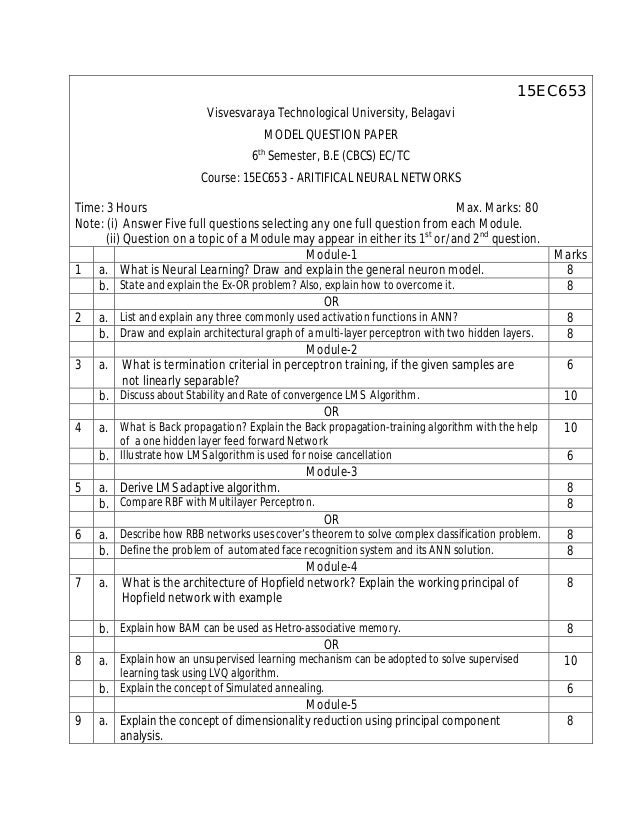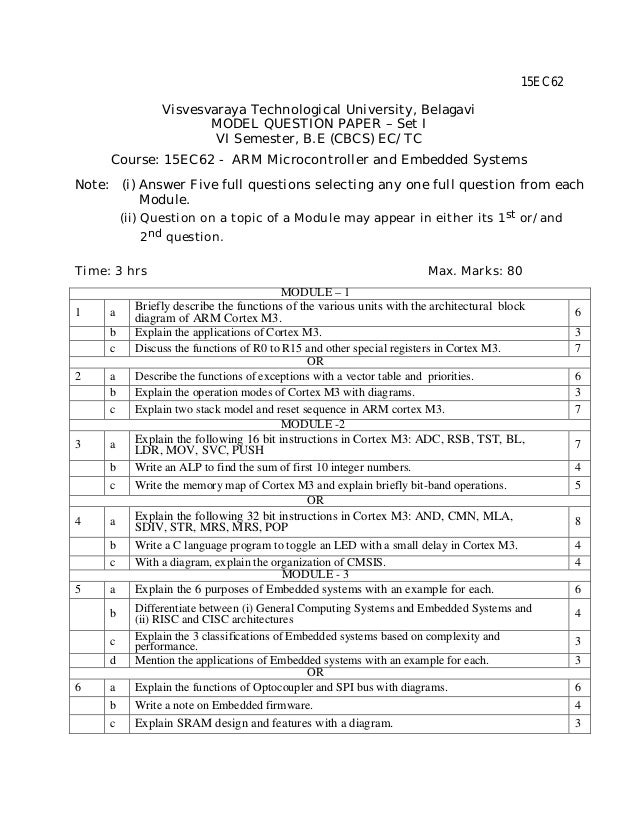Cmos Vlsi Vtu Notes Cbcs
среда 24 октября admin 73
PART-A Basic MOS Technology Integrated circuits era, enhancement and depletion mode MOS transistors. NMOS fabrication. CMOS fabrication, Thermal aspects of processing, BiCMOS technology, production of E-beam masks. 3 Hours MOS transistor theory Introduction, MOS device design equations. Unit-2: Circuit Design Processes MOS layers, stick diagrams, Design rules, and layout- lambda-based design and other rules.
Examples, layout diagrams, symbolic diagram, tutorial exercises. Basic physical design of simple logic gates. Ibanez ts9 tube screamer serial number search. Unit 3: CMOS Logic Structures CMOS complementary logic, BiCMOS logic, Pseudo-nMOS logic, Dynamic CMOS logic, clocked CMOS logic, Pass transistor logic, CMOS domino logic cascaded voltage switch logic (CVSL). Unit-4: Basic circuit concepts Sheet resistance, area capacitances, capacitances calculations. The delay unit, inverter delays, driving capacitive loads, propagation delays, wiring capacitance Scaling of MOS circuits Scaling models and factors, limits on scaling, limits due to current density and noise. PART-B Unit-5: CMOS subsystem design Architectural issues, switch logic, gate logic, design examples-combinational logic, clocked circuits.

Other system considerations. 3 Hours Clocking strategies Unit-6: CMOS subsystem design processes General considerations, process illustration, ALU subsystem, adders, multipliers. Unit-7: Memory registers and clock Timing considerations, memory elements, memory cell arrays Unit-8: Testability Performance parameters, layout issues I/O pads, real estate, system delays, ground rules for design, test, and testability.
VTU is one of the biggest Technological University in India, having 194 colleges affiliated to it with under graduate course in 28 disciplines and PG Programme in 71 disciplines. The intake at UG level is about 67100 students and at the PG level it is about 12666 students. The University has 13 QIP centre in various affiliated colleges and 16 extension centres for offering PG programmes. There are over 2305departments recognized as research centres. At present over 1800 students / faculty are registered for Ph.D degree and over 180 students are registered for their Msc. This year the University is awarding 120 Ph.D Degrees and 50 M.Sc (Engg) Degrees. The Faculty has published around 694 research publications in the year 2009-10.
The University has recently started MBA and M.Tech. Programme at Belgaum with about 205 students studying in all. Sixteen from among the affiliated colleges were recognized to get assistance under the World Bank supported.
TEQIP program in the I Phase. This year as a novel measure academic autonomy has been provided to 17 affiliated Colleges after due processes. 1s 83 patchim fajl backbas dll. The University has very successfully achieved the tremendous task of bringing various colleges affiliated earlier to different Universities, with different syllabi, different procedures and different traditions under one umbrella.
The University implemented common curriculum for UG in 1998 and revised syllabi again in 2002 for all the courses and uniform procedures were adopted. As a further step in standardization, the subjects & syllabi of related branches are being made common upto the fourth semester. The University has already revised the syllabus of MBA with effect from the academic year 2001-2002 and has now revised the syllabi of all M.Tech courses & MCA. The University plans to bring in further flexibility in the curriculum, so that any changes or revisions may be introduced particularly with respect to electives, as and when the technology changes or the need arises. The University has MOU’s with various leading organisations like IBM, INTEL Asia Electronics Inc., Ingersoll-Rand (India) Ltd., Bangalore and Microsoft. These MOU’s will help in various ways to train the faculty, conduct teachers training workshops, student projects and enable the colleges affiliated to the University to get software at a highly subsidized rate. Already Intel has arranged many training programmes for Engineering College Teachers.
